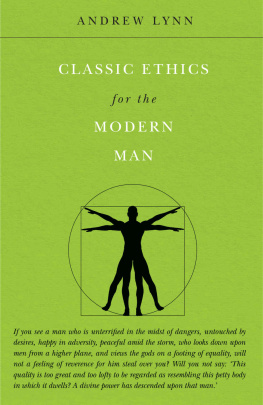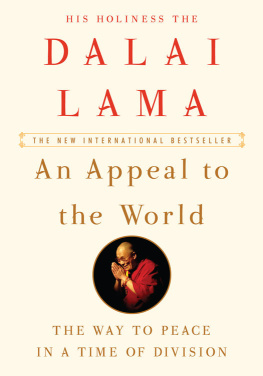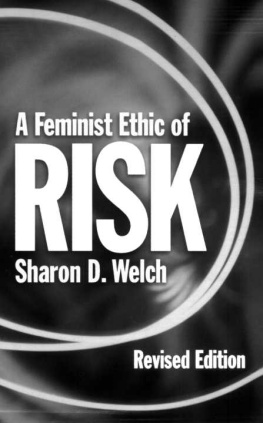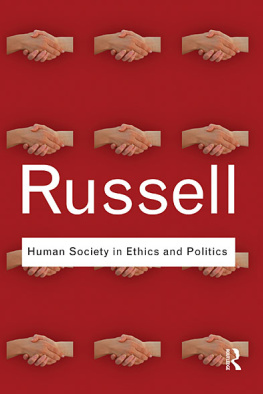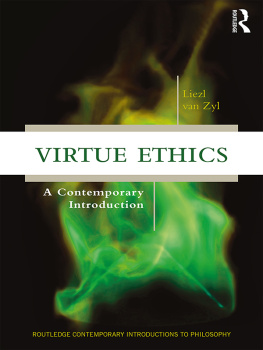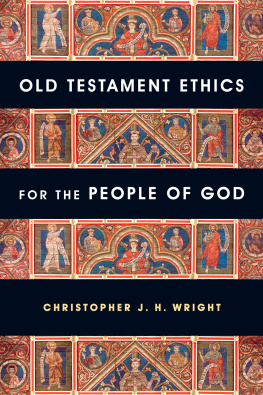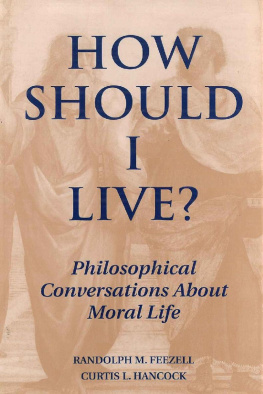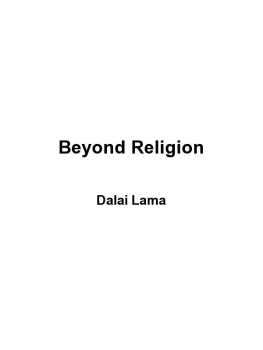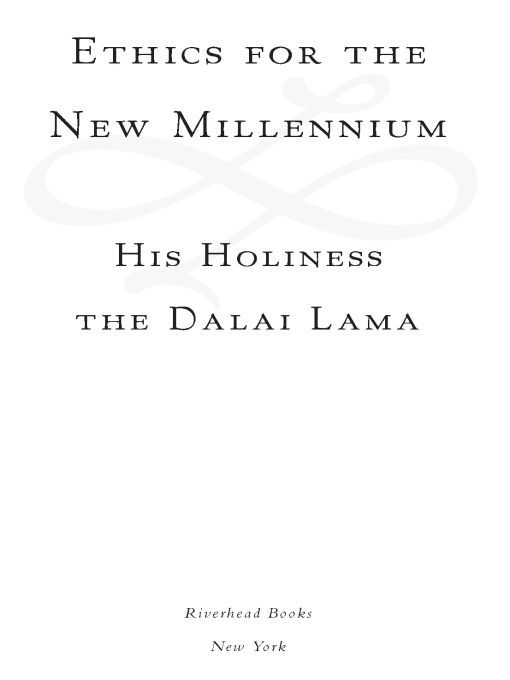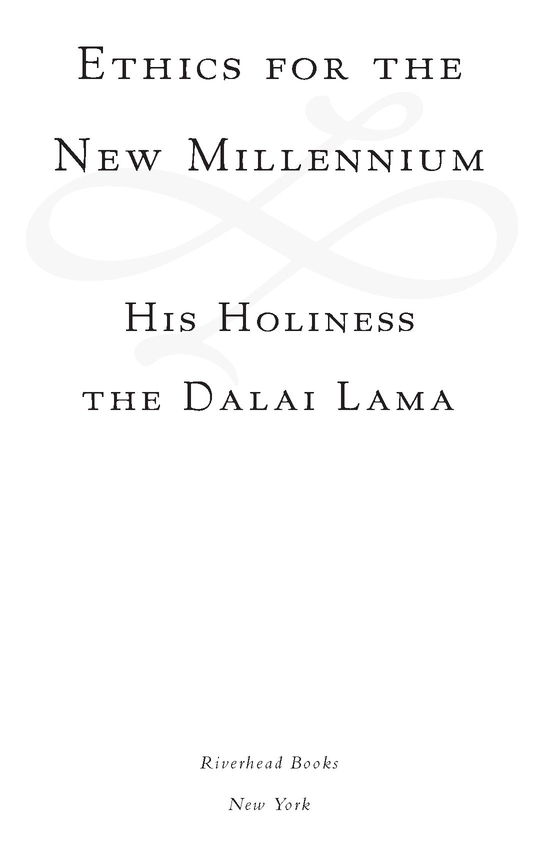Table of Contents
ALSO BY HIS HOLINESS THE DALAI LAMA
Freedom in Exile
PREFACE
HAVING LOST MY COUNTRY AT THE AGE OF sixteen and become a refugee at twenty-four, I have faced a great many difficulties during the course of my life. When I consider these, I see that a lot of them were insurmountable. Not only were they unavoidable, they were incapable of favorable resolution. Nonetheless, in terms of my own peace of mind and physical health, I can claim to have coped reasonably well. As a result, I have been able to meet adversity with all my resourcesmental, physical, and spiritual. I could not have done so otherwise. Had I been overwhelmed by anxiety and despaired, my health would have been harmed. I would also have been constrained in my actions.
Looking around, I see that it is not only we Tibetan refugees, and members of other displaced communities, who face difficulties. Everywhere and in every society, people endure suffering and adversityeven those who enjoy freedom and material prosperity. Indeed, it seems to me that much of the unhappiness we humans endure is actually of our own making. In principle, therefore, this at least is avoidable. I also see that, in general, those individuals whose conduct is ethically positive are happier and more satisfied than those who neglect ethics. This confirms my belief that if we can reorientate our thoughts and emotions, and reorder our behavior, not only can we learn to cope with suffering more easily, but we can prevent a great deal of it from arising in the first place.
I shall try to show in this book what I mean by the term positive ethical conduct. In doing so, I acknowledge that it is very difficult either to generalize successfully or to be absolutely precise about ethics and morality. Rarely, if ever, is any situation totally black and white. The same act will have different shades and degrees of moral value under different circumstances. At the same time, it is essential that we reach a consensus in respect to what constitutes positive conduct and what constitutes negative conduct, of what is right and what is wrong, of what is appropriate and what is inappropriate. In the past, the respect people had for religion meant that ethical practice was maintained through a majority following one religion or another. But this is no longer the case. We must therefore find some other way of establishing basic ethical principles.
Not that the reader should suppose that, as Dalai Lama, I have any special solution to offer. There is nothing in these pages which has not been said before. Indeed, I feel that the concerns and ideas expressed here are shared by many of those who think about and attempt to find solutions to the problems and suffering we humans face. In responding to the suggestion of some of my friends and offering this book to the public, my hope is to give voice to those millions who, not having an opportunity to articulate their views in public, remain members of what I take to be a silent majority.
The reader should, however, bear in mind that my formal learning has been of an entirely religious and spiritual character. Since my youth, my chief (and continuing) field of study has been Buddhist philosophy and psychology. In particular, I have studied the works of the religious philosophers of the Geluk tradition to which, by tradition, the Dalai Lamas have belonged. Being a firm believer in religious pluralism, I have also studied the principal works of other Buddhist traditions. But I have had comparatively little exposure to modern, secular thought. Yet this is not a religious book. Still less is it a book about Buddhism. My aim has been to appeal for an approach to ethics based on universal rather than religious principles.
For this reason, producing a work for a general audience has not been without challenges, and it is the result of teamwork. One particular problem arose from the fact that it is difficult to render into modern language a number of the Tibetan terms it seemed essential to use. This book is by no means intended as a philosophical treatise, so I have tried to explain these in such a way that they could be understood readily by a non-specialist readership and also rendered clearly into other languages. But in doing so, and in trying to communicate unambiguously with readers whose language and culture may be quite different from my own, it is possible that some shades of meaning in the Tibetan tongue are lost and other, unintended ones are added. I trust that careful editing has minimized this. When any such distortions come to light, I would hope to correct them in a subsequent edition. In the meantime, for his assistance in this area, for his translation into English, and for innumerable suggestions, I wish to thank Dr. Thupten Jinpa. I also wish to thank Mr. AR Norman for his work of redaction. This has been invaluable. Finally, I would like to record my thanks to those others who have helped bring this work to fruition.
Dharamsala, February 1999
I
THE FOUNDATION OF ETHICS
Chapter One
MODERN SOCIETY AND THE QUEST FOR HUMAN HAPPINESS
I AM A COMPARATIVE NEWCOMER TO THE MODERN world. Although I fled my homeland as long ago as 1959, and although my life since then as a refugee in India has brought me into much closer contact with contemporary society, my formative years were spent largely cut off from the realities of the twentieth century. This was partly due to my appointment as Dalai Lama: I became a monk at a very early age. It also reflects the fact that we Tibetans had chosenmistakenly, in my viewto remain isolated behind the high mountain ranges which separate our country from the rest of the world.
Today, however, I travel a great deal, and it is my good fortune continuously to be meeting new people. Moreover, individuals from all walks of life come to see me. Quite a lotespecially those who make the effort to travel to the Indian hill-station at Dharamsala where I live in exilearrive seeking something. Among these are people who have suffered greatly: some have lost parents and children; some have friends or family who committed suicide; are sick with cancer and with AIDS-related illnesses. Then, of course, there are fellow Tibetans with their own tales of hardship and suffering. Unfortunately, many have unrealistic expectations, supposing that I have healing powers or that I can give some sort of blessing. But I am only an ordinary human being. The best I can do is try to help them by sharing in their suffering.
For my part, meeting innumerable others from all over the world and from every walk of life reminds me of our basic sameness as human beings. Indeed, the more I see of the world, the clearer it becomes that no matter what our situation, whether we are rich or poor, educated or not, of one race, gender, religion or another, we all desire to be happy and to avoid suffering. Our every intended action, in a sense our whole lifehow we choose to live it within the context of the limitations imposed by our circumstancescan be seen as our answer to the great question which confronts us all: How am I to be happy?
We are sustained in this great quest for happiness, it seems to me, by hope. We know, even if we do not admit it, that there can be no guarantee of a better, happier life than the one we are leading today. As an old Tibetan proverb puts it, The next life or tomorrowwe can never be certain which will come first. But we hope to go on living. We hope that through this or that action we can bring about happiness. Everything we do, not only as individuals but also at the level of society, can be seen in terms of this fundamental aspiration. Indeed, it is one shared by all sentient beings. The desire or inclination to be happy and to avoid suffering knows no boundaries. It is in our nature. As such, it needs no justification and is validated by the simple fact that we naturally and correctly want this.


